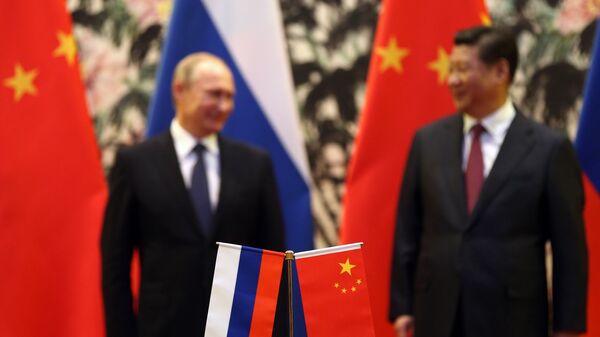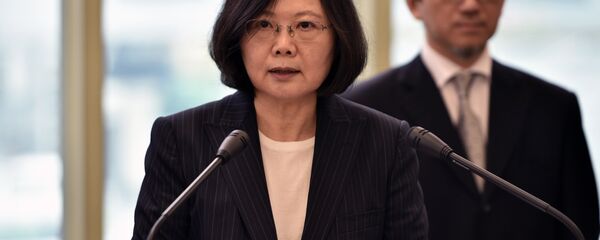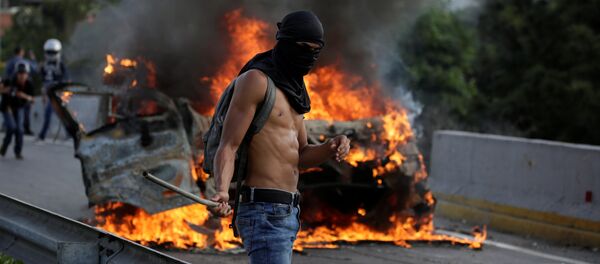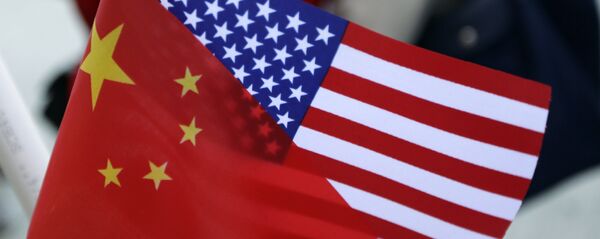The United States should pay more attention to Latin America, lest China and Russia take root in the region, US Air Force Chief of Staff David Goldfein said in the wake of a trip to Colombia.
General Goldfein visited the South American country to persuade its leadership to continue buying expensive US weapons; speaking to the authorities he said Colombia may be kicked out of allied operations if it switches to much cheaper Russian or Chinese-made hardware.
"While there may be other cheap hardware out there that might be available on the market, at some point it becomes really hard to make it connect and share within the system," Goldfein commented in a phone interview Saturday.
During his trip to Colombia, Goldfein reportedly met with Colombia's minister of defence and air force chief as well as he taking the time to speak with students at Colombia's war college.
"When it comes to China and Russia, we are looking at cooperation where we can and pushing back aggressively where we must," Goldfein said, as he tried to reassure the Colombians. "We keep a close eye on their activities globally, but certainly we keep an eye on their activities [in Latin America]."
According to Foreign Policy, Russia and China have strong interest in the region, albeit for different reasons. China is primarily interested in natural resources, such as Venezuela's sheer oil reserves. For Russia, experts say, the main interest is strategic security. With NATO ramping up their military presence in Europe in proximity of Russian borders, having some form of counterweight in Latin America sounds like a reasonable goal.
"The Colombians are concerned that the U.S. has been leaving the region behind, and it has created a void, this vacuum to fill," says Moises Rendon, an analyst with the Center for Strategic and International Studies. [Colombia] "can't say no to China, because they are providing opportunities and investment, [while] the U.S. is not providing the same types of opportunities."
Ana Quintana, an analyst with the Heritage Foundation, spreading recognition of Taiwan as a part of China is very indicative of growing Chinese presence in the region. Countries that recognize Taiwan as Chinese soil now include El Salvador, Costa Rica, Panama, and the Dominican Republic.
For White House, Chinese and Russian presence also means that the governments Washington wants to see fall — such as Venezuelan president Nicholas Maduro, as well as governments in Nicaragua and Bolivia — keep receiving support, Rendon says.
"There are times when our diplomatic relationships may change based on the political environment, but we are able to maintain a military-to-military relationship and dialogue," Goldfein said.
The general provided his close friendship with Colombia's Air Force chief, General Carlos Eduardo Bueno, as an example of close military relationship.





